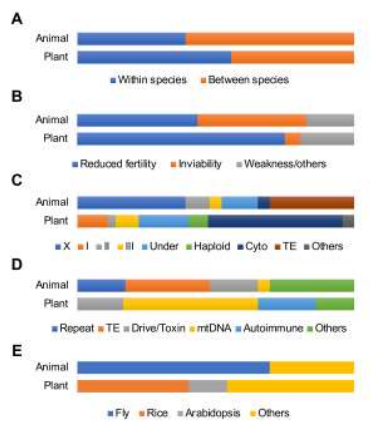2024-09-16 ペンシルベニア州立大学(PennState)
<関連情報>
- https://www.psu.edu/news/health-and-human-development/story/sport-related-stress-may-affect-whether-college-athletes-eat
- https://cdnsciencepub.com/doi/abs/10.1139/apnm-2023-0619
競技シーズンを通じた持久系アスリートにおけるストレス、食事態度、代謝の相互関係 Interrelationships Between Stress, Eating Attitudes and Metabolism in Endurance Athletes Across a Competitive Season
Emily A Lundstrom, Mary Jane De Souza, Prabhani Kuruppumullage Don, and Nancy I Williams, Sc.D.
Applied Physiology, Nutrition, and Metabolism Published:7 August 2024
DOI:https://doi.org/10.1139/apnm-2023-0619
Abstract
A competitive sport season represents a multidimensional stressor where physical and psychological stress may render an athlete susceptible to energy deficiency (ED). Downstream effects of ED can include a reduction in measured-to-predicted resting metabolic rate (RMRratio), indicating metabolic compensation. A pathway linking stress, eating attitudes, metabolic compensation has not been explored. To test if sport-specific stress is associated with eating attitudes and metabolism in endurance athletes (18-22yr) at different phases of a competitive season, we assessed two groups of athletes; 26 swimmers (15 female, 11 male) during peak season (PEAK), and 26 runners (female); across pre- (PRE) and off-season (OFF). Stress (RESTQ-52), eating attitudes (cognitive restraint (CR), drive for muscularity (DM), and body dissatisfaction (BD)), and metabolism (RMRratio) were assessed. In PRE, sport-specific stress and CR were negatively correlated with RMRratio (R=-.58; p<.05, R=-.55; p<.05, respectively). In PEAK, sport-specific stress and DM were negatively correlated with RMRratio (R=-.64; p<.05; R=-.40; p<.05, respectively). DM was positively related to sport-specific stress (R=.55; p<.05). During OFF, there was no relation between RMRratio and sport-specific stress. In runners, there was a change in stress from PRE-to-OFF with highest reported stress during PRE (p<.05) versus OFF. Regression analyses revealed that sport-specific stress and CR were significant predictors of RMRratio during PRE and PEAK (p<.05), but not OFF (p>.05). Associations between stress, eating attitudes, and metabolic compensation in endurance athletes during PRE and PEAK season suggest that during heavier training, metabolic compensation may be linked to upstream eating attitudes associated with sport-stressors.



